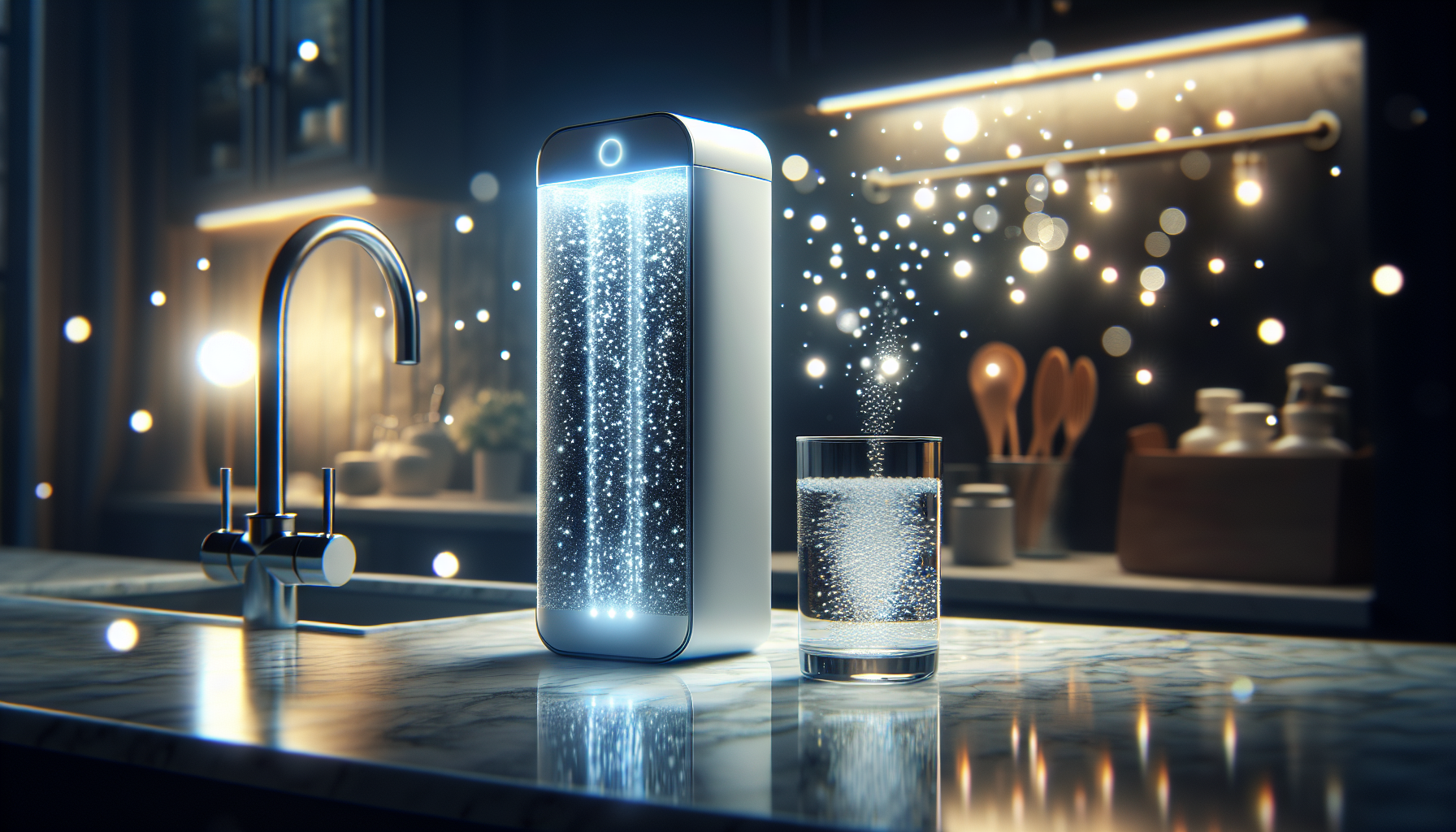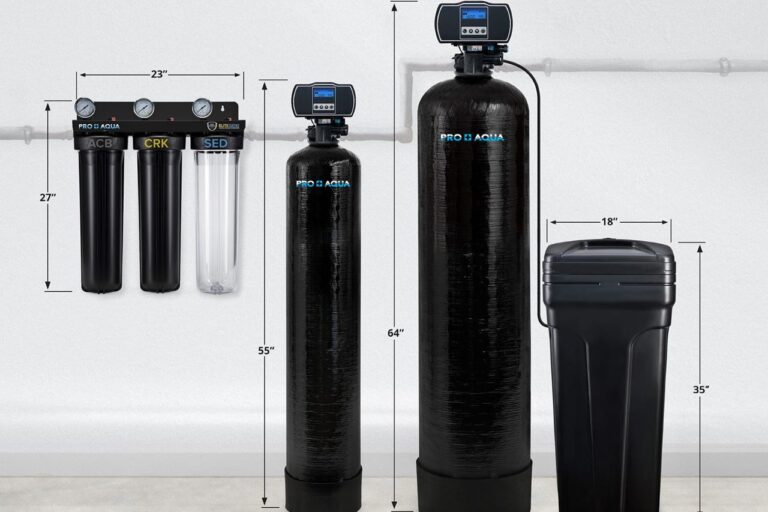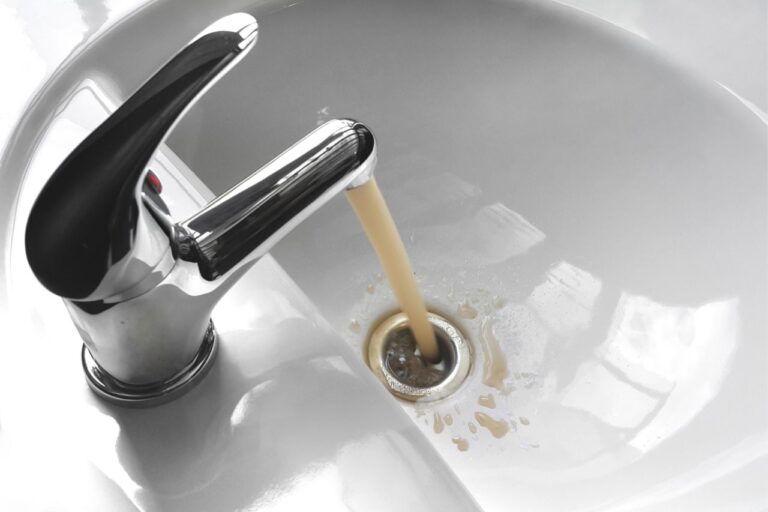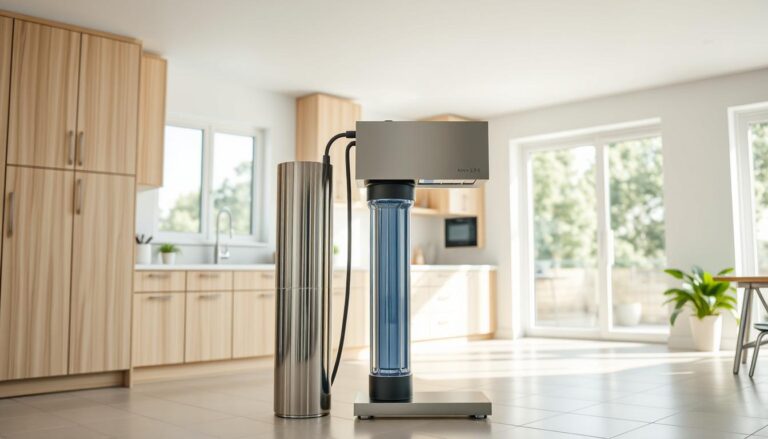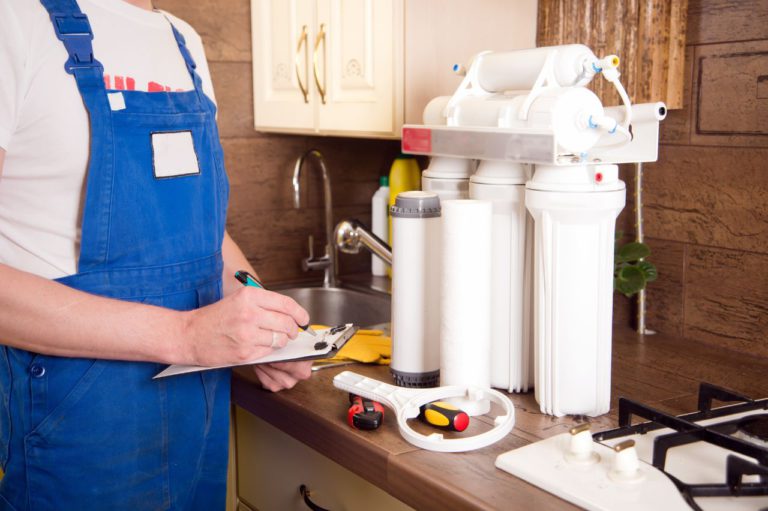Certified vs Non-Certified Home Water Filter Systems
Do you know what’s in your drinking water? It’s an important question, especially when you’re thinking about getting a home water filter system. There are two main choices: certified and non-certified water filters. But what do these terms mean, and how do they affect your water? Let’s explore these questions together so you can make a smart choice for your home.
What is a Water Filter System?
A water filter system is like a magic tool that cleans water to make it safe and tasty for you to drink. Just like when you wash dirt off your fruit before eating it, a water filter removes unwanted things from the water, like dirt, bad smells, or harmful stuff. When it comes to choosing one, it’s important to know how reliable they are, which brings us to the idea of certification.
Understanding Certification
What Is Certification?
Certification is like a gold star sticker a teacher gives you for doing well on your homework. It’s proof that the water filter system has been tested and approved by experts, meaning it’s really good at its job. This process is done by special organizations that know all about water filters.
Why is Certification Important?
Think of certification as a promise that the water filter will do what it says it will. It’s like when a toy is tested to ensure it’s safe for kids to play with. Certified filters meet certain standards to ensure they’re effective and safe for your family to use.
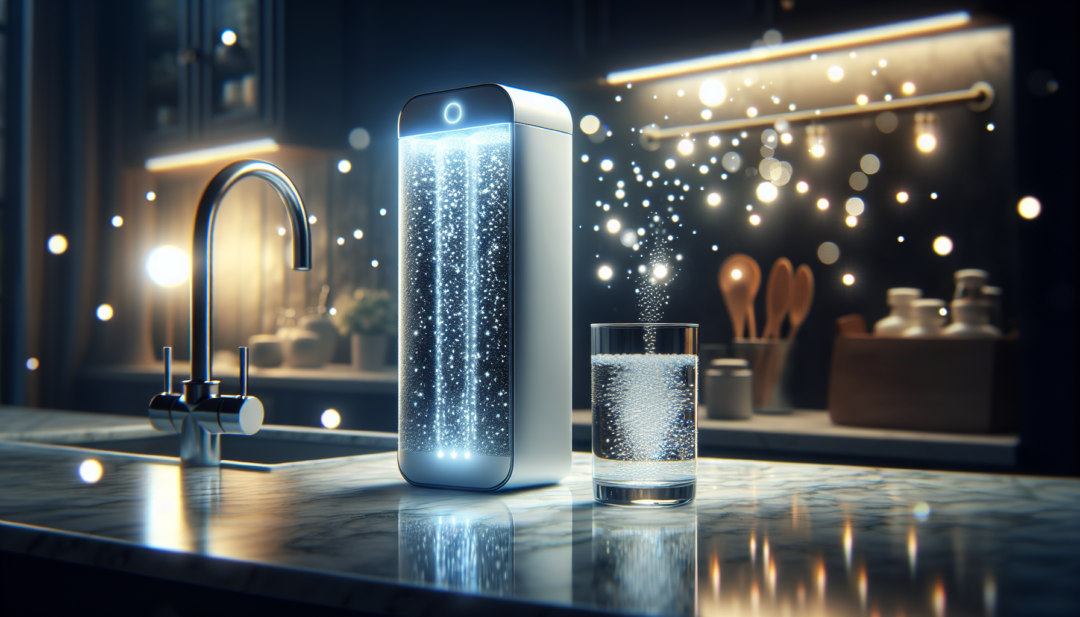
Exploring Certified Water Filter Systems
Certified water filters have gone through a lot of testing. This means you can trust them to clean your water properly. Let’s see what makes these systems so special.
Benefits of Certified Water Filters
Certified water filters have lots of benefits. They are like having a superhero guard your water. They effectively remove harmful substances like lead, chlorine, and pesticides. You can happily drink your water knowing it’s been cleaned by a system that’s verified to work well.
Commonly Used Certification Bodies
Certification bodies are expert groups that test the water filters. Some well-known ones include NSF International and the Water Quality Association (WQA). When you see their stickers on a product, you know it has been thoroughly checked.
NSF International
NSF International is one of the most famous bodies that check if water filters do what they should. They make sure that the water filters can remove what they claim, making sure your water is clean and safe.
Water Quality Association (WQA)
The Water Quality Association also tests water filters. If a water filter has their approval, it means it met strict rules and is good for use in your home.
Exploring Non-Certified Water Filters
On the other hand, non-certified water filters haven’t gone through the same careful testing. But that doesn’t mean they’re always bad. Let’s learn more about them!
What Are Non-Certified Water Filters?
Non-certified water filters are systems that haven’t been tested by the special organizations we talked about. Imagine not getting your toys checked to see if they are safe before playing with them. These filters might work, but you won’t have that extra promise of safety and effectiveness.
Why Do People Buy Non-Certified Filters?
Sometimes, these filters are cheaper, which can help families save money. Or maybe some systems claim to do a great job even without a stamp of approval. However, it’s important to be cautious as they might not always remove harmful things from your water.
Comparing Certified and Non-Certified Water Filters
Now that we know about the two types, let’s figure out which might be better for you.
Effectiveness
Certified water filters are like well-trained superheroes; they are sure to do their job. Non-certified filters might be like wannabe heroes; they might work but aren’t guaranteed to fight all the bad stuff effectively.
Cost
Non-certified water filters are usually cheaper, which can be tempting if you’re watching your budget. But sometimes, you get what you pay for. Spending a little more on a certified filter can be an investment in your health.
Reliability
With certified filters, you have peace of mind knowing they’re tested and reliable. They come with a guarantee similar to the promise your umbrella will keep you dry, even in heavy rain. Non-certified ones might be less reliable, meaning you could find unwanted surprises in your water.
Maintenance
Both types of filters need taking care of to work well. Certified filters usually come with instructions and support, making upkeep easier. Non-certified systems might not have that extra help, leading to issues if you’re not very handy.
Helping You Choose the Right Water Filter
Choosing the right water filter system is like picking the right shoes; it should fit your needs and feel right for your family. Here are some tips to help you decide.
Determine Your Needs
Every family is different, like how people have different favorite colors. Think about what you need in a water filter. Do you just want to remove the funny taste or are you worried about specific contaminants like lead or pesticides? Knowing your needs will guide your choice.
Consider Your Budget
Make sure to balance cost and safety. While certified systems might cost more upfront, they may save you from problems later, just like how investing in quality shoes saves your feet. If you choose a non-certified system, make sure you research it well.
Check the Certifications
If you’re leaning towards a certified system, check which organizations have approved it. Look for NSF International or Water Quality Association logos for trusted assurance.
Read Reviews
Just like reading a book review before buying a book, check what other people have to say about the water filters. Reviews can help you see if a filter works well in real homes.
Consult an Expert
Sometimes, asking someone who knows a lot about water filters can be helpful. They can guide you on what might work best for your home. Maybe your plumber or a store expert can give good advice.
Making an Informed Decision
In the end, the right decision depends on what suits your needs best. It’s like picking your favorite ice cream flavor—it’s personal! By understanding what certified and non-certified water filters offer, you’re now equipped with the knowledge to make a choice that brings your family clean and safe drinking water.
Conclusion
Water is important for your body like gas is important for a car. It helps keep everything going! Picking the right home water filter means understanding the difference between certified and non-certified systems. While certified systems offer peace of mind with their rigorous testing and approvals, non-certified systems might offer enticing budget-friendly options. Always consider what’s most important for your home’s health and budget. With this guide, you’re ready to make a choice that keeps those tall glasses of water refreshing and safe!

